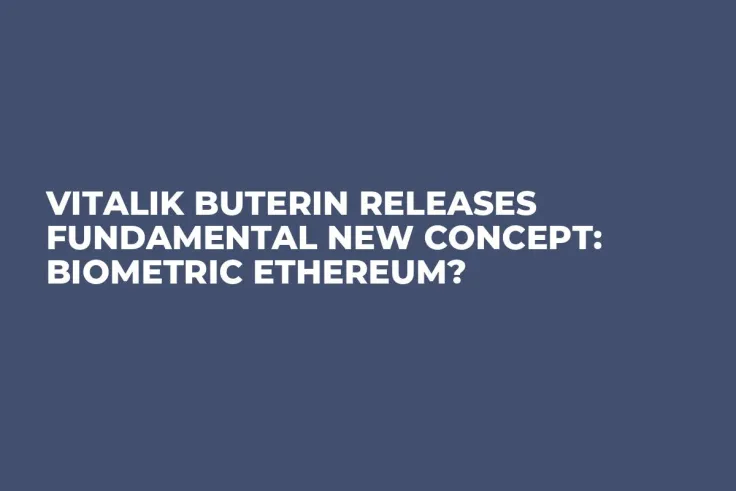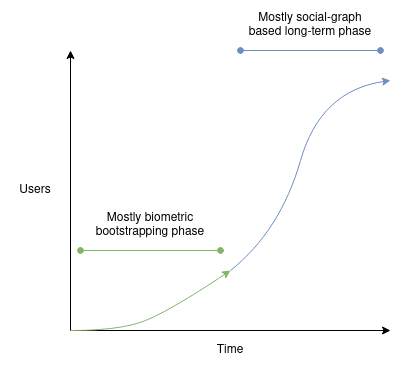
Disclaimer: The opinions expressed by our writers are their own and do not represent the views of U.Today. The financial and market information provided on U.Today is intended for informational purposes only. U.Today is not liable for any financial losses incurred while trading cryptocurrencies. Conduct your own research by contacting financial experts before making any investment decisions. We believe that all content is accurate as of the date of publication, but certain offers mentioned may no longer be available.
OpenAI Inc. CEO Sam Altman's new cryptocurrency project, Worldcoin, has caught the attention of Ethereum's co-founder, Vitalik Buterin, and sparked conversations about the advent of decentralized proof-of-personhood solutions in the cryptocurrency realm. Buterin recently discussed the potential of biometric technology in the context of blockchain and Ethereum, focusing on Worldcoin's unique approach.
Worldcoin aims to address the "unique-human problem" or proof of personhood by creating a decentralized system where each registered account is controlled by a unique human individual. This system is expected to preserve the anonymity of individuals while confirming their human identity. Worldcoin is unique in its application of biometrics, employing an advanced iris-scanning device, known as "the Orb," to confirm user identities.

However, the novelty of this approach has not been without criticism. Questions have been raised about privacy and security concerns related to biometric technology, specifically Worldcoin's Orb. Concerns have also been raised about whether or not biometrics are a suitable solution for proof of personhood at all. The risks associated with privacy leaks, coercive governments and the potential impossibility of maintaining both security and decentralization are some of the highlighted issues.
In his breakdown, Buterin argued that there is not an ideal proof of personhood form. Instead, we have different paradigms, each with unique strengths and weaknesses. He suggested that these techniques should be seen as complementary and combined. He proposed that biometrics might provide a good short-term solution, while social-graph-based systems could prove more robust in the long term.
While acknowledging the potential pitfalls of proof-of-personhood systems, Buterin also recognized the work done so far by various teams taking privacy seriously. He called for vigilance from the community, emphasizing the need for open-source tech, third-party audits and a balance of checks to ensure accountability. He also emphasized the need for more alternatives in each of the three proof-of-personhood categories.


 Dan Burgin
Dan Burgin Vladislav Sopov
Vladislav Sopov